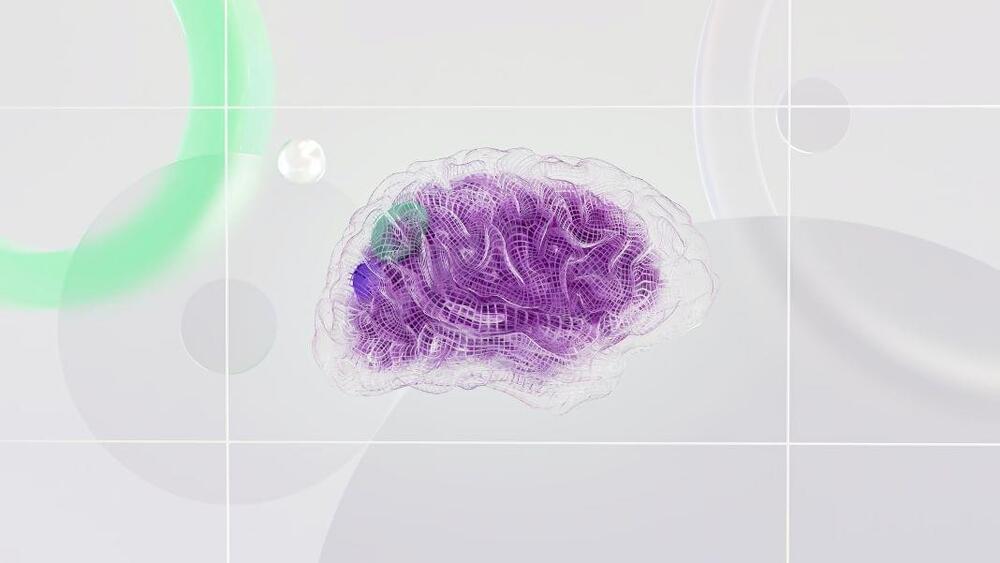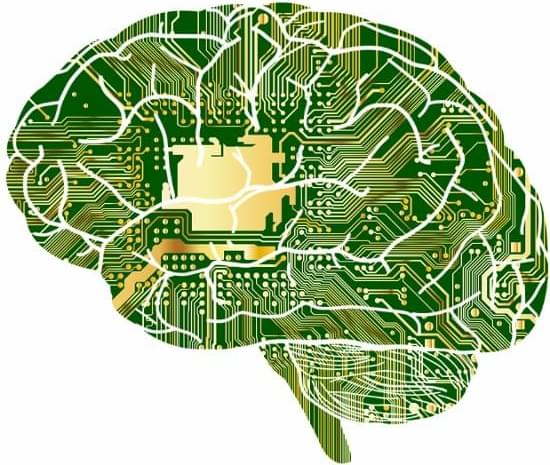
It may be that the famous Higgs boson, co-responsible for the existence of masses of elementary particles, also interacts with the world of the new physics that has been sought for decades. If this were indeed to be the case, the Higgs should decay in a characteristic way, involving exotic particles. At the Institute of Nuclear Physics of the Polish Academy of Sciences in Cracow, it has been shown that if such decays do indeed occur, they will be observable in successors to the LHC currently being designed.
When talking about the ‘hidden valley’, our first thoughts are of dragons rather than sound science. However, in high-energy physics, this picturesque name is given to certain models that extend the set of currently known elementary particles. In these so-called Hidden Valley models, the particles of our world as described by the Standard Model belong to the low-energy group, while exotic particles are hidden in the high-energy region. Theoretical considerations suggest then the exotic decay of the famous Higgs boson, something that has not been observed at the LHC accelerator despite many years of searching. However, scientists at the Institute of Nuclear Physics of the Polish Academy of Sciences (IFJ PAN) in Cracow argue that Higgs decays into exotic particles should already be perfectly observable in accelerators that are successors to the Large Hadron Collider – if the Hidden Valley models turn out to be consistent with reality.
“In Hidden Valley models we have two groups of particles separated by an energy barrier. The theory is that there could then be exotic massive particles that could cross this barrier under specific circumstances. The particles like Higgs boson or hypothetic Z’ boson would act as communicators between the particles of both worlds. The Higgs boson, one of the most massive particle of the Standard Model, is a very good candidate for such a communicator,” explains Prof. Marcin Kucharczyk (IFJ PAN), lead author of an article in the Journal of High Energy Physics, which presents the latest analyses and simulations concerning the possibility of detecting Higgs boson decays in the future lepton accelerators.

















